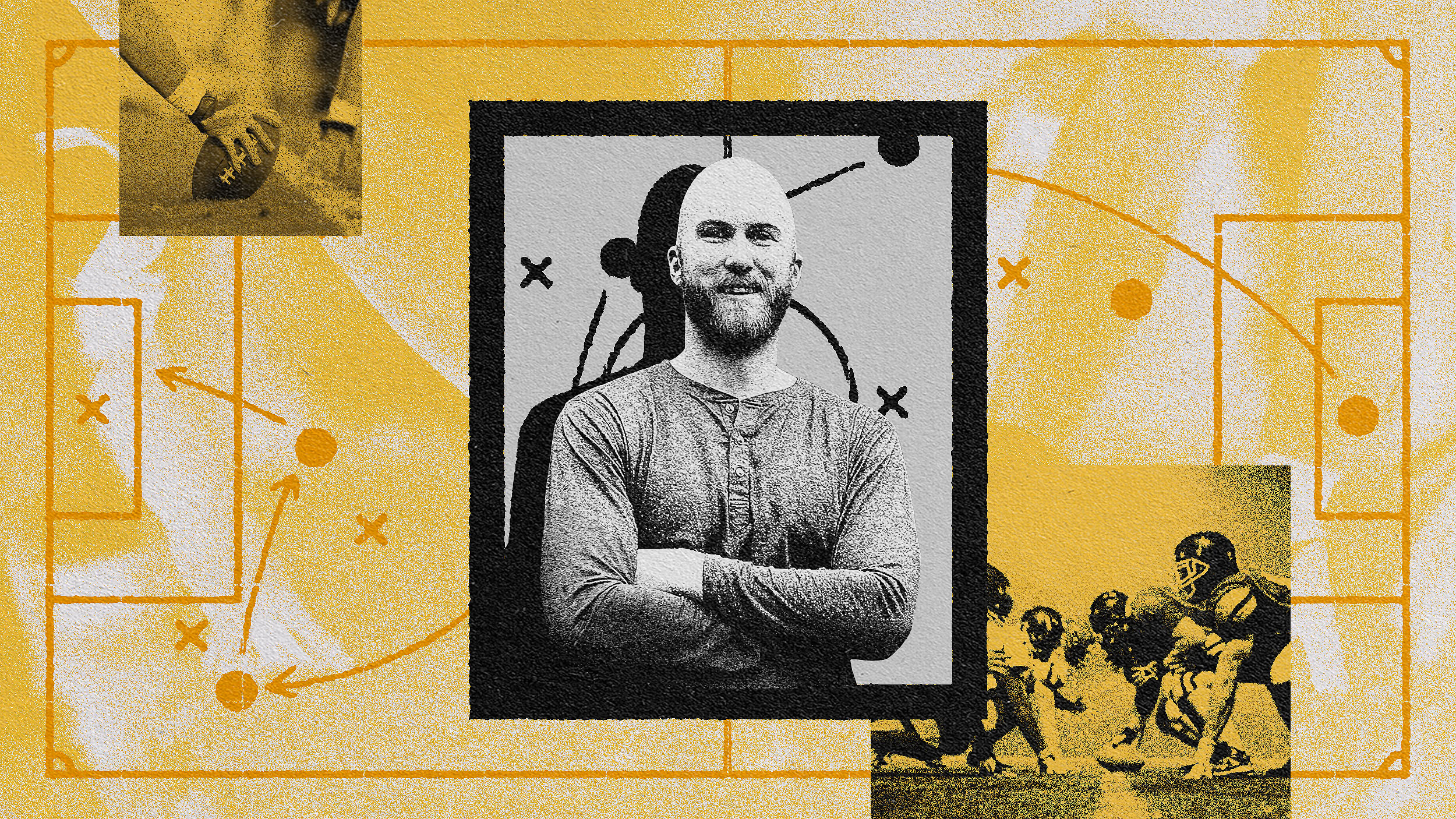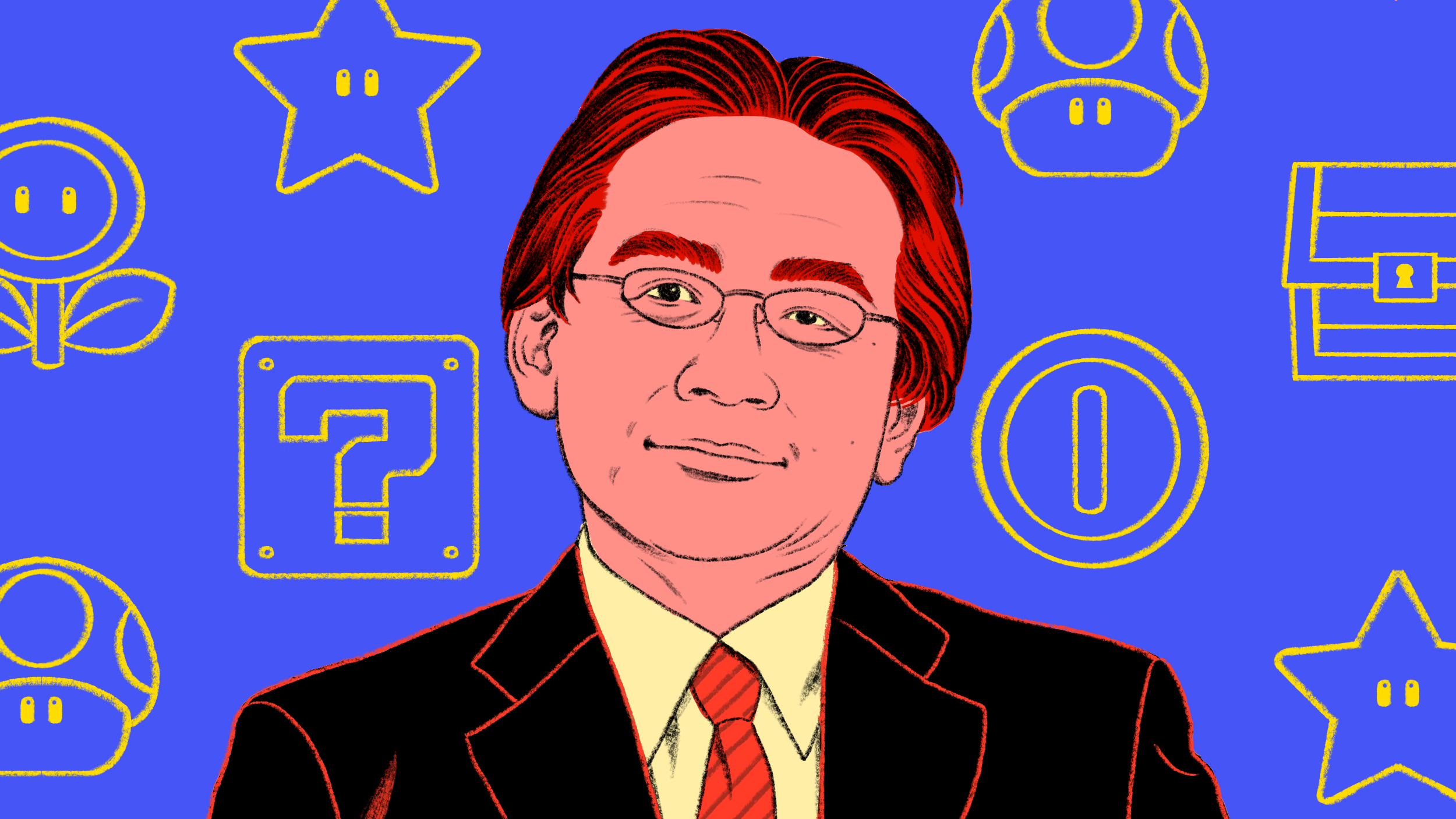Emil Michael, former Chief Business Officer at Uber, believes failure is vital to success. According to him, failure played a pivotal role in the stratospheric expansion that made Uber one of the world’s fastest growing companies.
Michael points to Uber’s endeavors in China, where immense opportunities clashed with daunting operational costs, including intense competition with local rival DiDi. He delves into the complex decisions that he made with Uber’s founder, Travis Kalanick, that ultimately led the company to merge with its competitor.
Michael believes a high level of business acumen is required to transform setbacks into strategic victories. He encourages anyone trying to create something to embrace failure to foster exponential growth.
EMIL MICHAEL: Innovation requires failure. There's no person in the world, not Steve Jobs, or Elon Musk, or anyone who hasn't tried something and failed. The early versions of Teslas that had batteries that made the car stop. The Newton at Apple.
KEARNEY (THE SIMPSONS): "Hey, Dolph, take a memo on your Newton. Beat up Martin."
MICHAEL: All these great leaders have failed.
KEARNEY (THE SIMPSONS): "Bah."
MICHAEL: But they've failed because they had innovators who were willing to try something. And the promise by the leadership is that if you try something and it's an earnest try and you've given it everything and it fails, that's actually great, because now we know that that doesn't work and we can move quickly onto our next idea. And you're not punished for failing. You're punished for not trying.
My name is Emil Michael. I was the chief business officer at Uber. We were the fastest-growing company in the world from 2013 to '17 while I was there. My time at Uber was extraordinary because we had a business model that worked from day one. If you can remember back to it, the first time you tried an Uber was magical. The notion of pushing a button and a car showed up was really revolutionary at the time. It was sort of an amazing consumer experience. So we knew we were onto something from day one.
So then the question is, how do we 10x this? It was the first time in my career I was working with a partner, Travis Kalanick, who was the founder of Uber, who thought in an exponential way, "How do we exponentially grow this all over the world as fast as we can?" Because we thought that the winner was going to be the one who got the most customers and the most drivers the fastest. That kind of thinking from Travis was really attractive to me. I was attracted to that notion of limitless possibility.
And so part of being a great leader is ambition. Not only your own, if you're a leader with an ambitious agenda, can you communicate that to others so that you're attracting them like moths to light? It's one thing to say, "Hey, I want to fly a rocket to Mars." It's another thing to surround yourself with the best space engineers that ever lived and really spend a decade doing it. If you can, then you've got a way better shot at achieving that ambition, because no one can do that alone.
The way it worked between Travis and I as partners was I had a legal background and I had a finance background, and I was always thinking, "Do the numbers add up?" And he was always thinking, "How do I get into the fourth city in Italy three days from now?" And so we connected the dots on those together, and that combination made us the fastest-growing company of all time. But it allowed us to not break the rocket ship as it was going into orbit.
I think the world in tech has changed dramatically in the last 10 years in that, more than ever, you have to be thinking globally, otherwise your clones or competitors are going to pop up in all these other countries. So you have to be thinking speed, ambitious, globalization. That was a really new thing for me, frankly, when I joined Uber. Every country has its own ecosystem of who has the power, who makes the rules, how the money flows, and how you fit in that system, and that you can't learn from afar. You have to learn by being in the middle of it.
One of the designs we did in the organization to enable that was we created what was called a Launch team. A group of people who went out and launched various countries, and they couldn't leave that country until they hired a local general manager to replace them. These people were young people, they love traveling the world, very competitive, wanting to go on to the next thing. And what we did also with them is we wrote a playbook which gave you 70% of the answer on how you launch a new country.
So, for example, when Uber would launch Mexico City, what is the playbook? How does that person, who's never been to Mexico City, may not even speak Spanish, how do they start? Well, you have to research the transportation fares. Research how people get around on public transport, bus, subway, taxi, personal cars. See where are the stadiums and the gathered events to know where cars are going to be? To know how much drivers are getting paid. What is the disposable income of the average person who lives in Mexico City? What are the regulations? What do they say about "ridesharing?" All those things were, sort of, off the shelf.
These are the things you find out before you even leave the United States for Mexico. So you go into Mexico City with a working knowledge of the transportation system, of the economic environment that you're operating in, the legal environment that you're operating in. Those are the kinds of things that you can do ahead of time to make those launches easier. And then that last 30% was what you learned on the ground, and you took what you learned on the ground and fed it back into the system, so the playbook got better and better for every other country.
We created this small team of launchers, that inside of two years, had launched in 90 countries in the world. So, basically, we systematized global expansion. And that was an innovation that sort of hadn't happened yet in tech that I think a lot more companies are doing now. Like Airbnb did it. Thinking globally from day one, having the ambition to be global from day one, and systematizing as much as you can, well then, you have a roadmap to success.
One of the most challenging moments I had at Uber, and the most gratifying, was how Uber did business in China. China, at the time, was the largest country in the world, so just the opportunity set in China was so enormous. Yet one of the hardest challenges was how much money it costs to operate in a country like China. You're literally marketing to a billion people.
Uber was spending hundreds of millions of dollars trying to win China, and we had a fierce local competitor called DiDi. We got to a point where we were spending in a month more than most startups have spent in five years. That ambition from Travis was pushing on the gas on that. And I was trying to add the reality of how much money was available in the world to continue this battle.
Travis and I did talk about it a lot, and I tried to drag him over the finish line and say, "If we merge with our competitor there, that's not a loss, that's a win. We spent $2 billion in China, and if we merge with this company, that's going to be 8 billion. So that means we made a $6 billion profit in less than three years. That doesn't mean we're retreating. That means we made the smartest business decision this whole year of anyone in business." And so changing how I described the outcome from we're retreating from China to we've won worked because it was consistent with his vision of wanting to win everywhere in the world.
NARRATOR: Get smarter faster with videos from the world's biggest thinkers. To learn even more from the world's biggest thinkers, get Big Think+ for your business.







